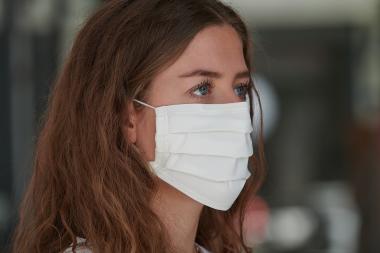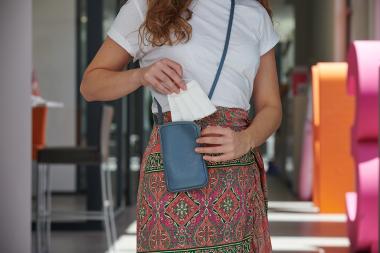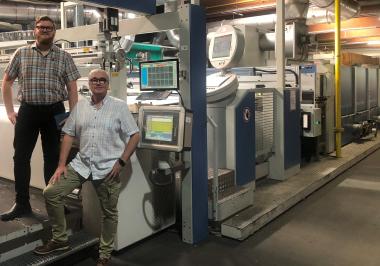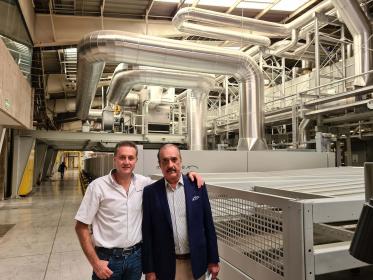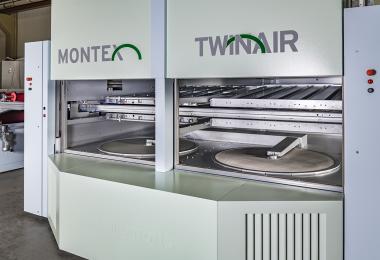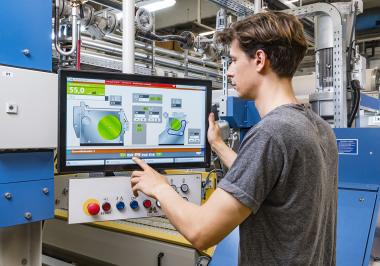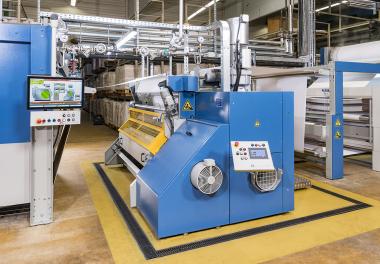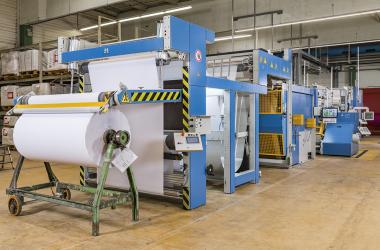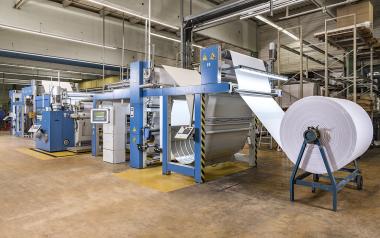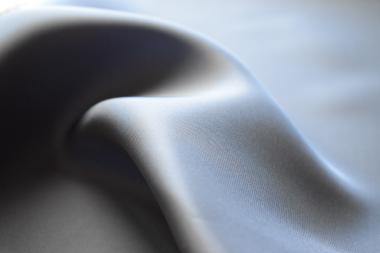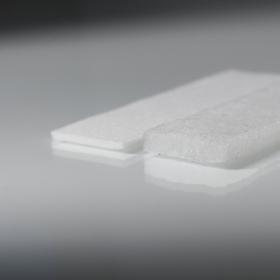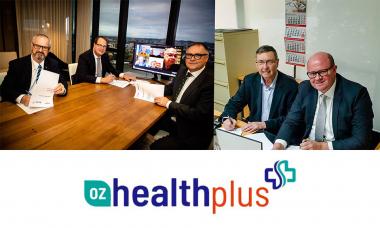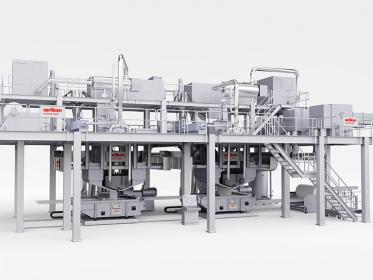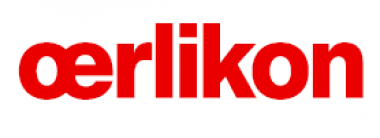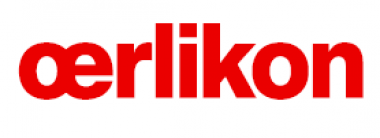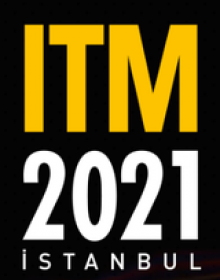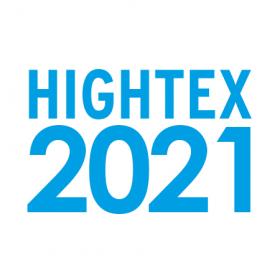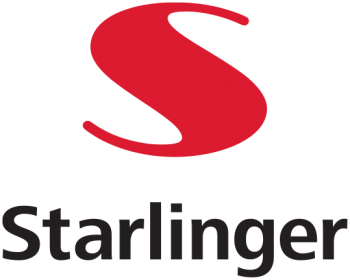Coating expertise brings sustainable comfort and convenience to the face mask
- Gorilla Protect is a new company formed in May this year to promote the Catus face mask – a major leap forward in the effectiveness of personal protection products that are available to consumers in the fight against Covid-19.
- Behind Catus and the new company is Nova Textil, the established fabric finishing company based in Grefrath, Germany, and now run by father and son team Rainer and Oliver Hurtz.
Single stenter
Rainer Hurtz founded Nova Textil with a single Monforts Montex stenter and just five employees in 1999 and has steered its constant development and growth over the past twenty years.
“Our initial focus was on the coating of mainly glass fibre fabrics, awnings and sun protection products for outdoor furnishings,” he said. “We had a great customer who was providing us with so many orders that by 2005 we took the decision to order a second Montex stenter, in a special configuration. This also allowed us to enter the market for blackout and digital printing fabrics. We’ve had a great ongoing relationship with Monforts from the beginning.”
A third Montex stenter line was installed at the company’s Grefrath plant in 2015, by which time the company had grown to 40 people and a major new market had opened up in the supply of fabrics for promotional materials at exhibitions and trade shows.
“We had a fantastic two years in 2018 and 2019 and everything was going great for the first three months of this year, but in April it all came crashing down,” said Oliver Hurtz. “Coronavirus put an end to trade shows in 2020, which had a very serious impact on our business.”
At the same time, however, the company was exploring the potential of a new biocidal product from one of its chemicals suppliers which has both antiviral and antimicrobial properties.
Filtration
“We had already been producing coated fabrics for hot gas filtration and realised that in combination with this new microporous coating we had the basis for a very effective single-layer face mask,” Rainer said. “Achieving this with a single layer product rather than the usual three has resulted in a significant advance in comfort for the wearer and because the mask is able to disinfect itself and helps regulate humidity, it can be worn a number of times without needing to be washed, for greater convenience. It only needs to be washed when it gets dirty and can also be washed up to twenty times without losing its properties, which has to be preferable to single-use disposables.”
Catus face masks are based on 100% woven cotton and the active ingredients in the finish are a reaction mass of titanium dioxide and silver chloride certified to ISO 20743 for their antibacterial effect, and to ISO 18184 for their antiviral effect.
They are proven to eliminate over 99.99% of the human coronavirus 229 E, with the multiplication of microorganisms such as germs and bacteria prevented by the biostatic action of silver salts and viruses destroyed by oxygen-releasing substances and a mechanism that attacks their fatty envelope. The virus membrane loses its cholesterol content and the virus is inactivated.
Colours
Gorilla Protect next plans to make the masks available in four colours – black, Bordeaux, olive and grey – and is also working on colour branding and printing labels.
“It’s not possible to print on the surface of the mask after it has been coated, but its is possible for volume orders to be printed before the treatment,” Oliver Hurtz said.
“Face masks are going to become an established part of life in the West like they are in Asia and need to be as comfortable and convenient as possible for the wearer,” his father concluded. “With these things in mind, we believe Catus is a significant step forward.”


